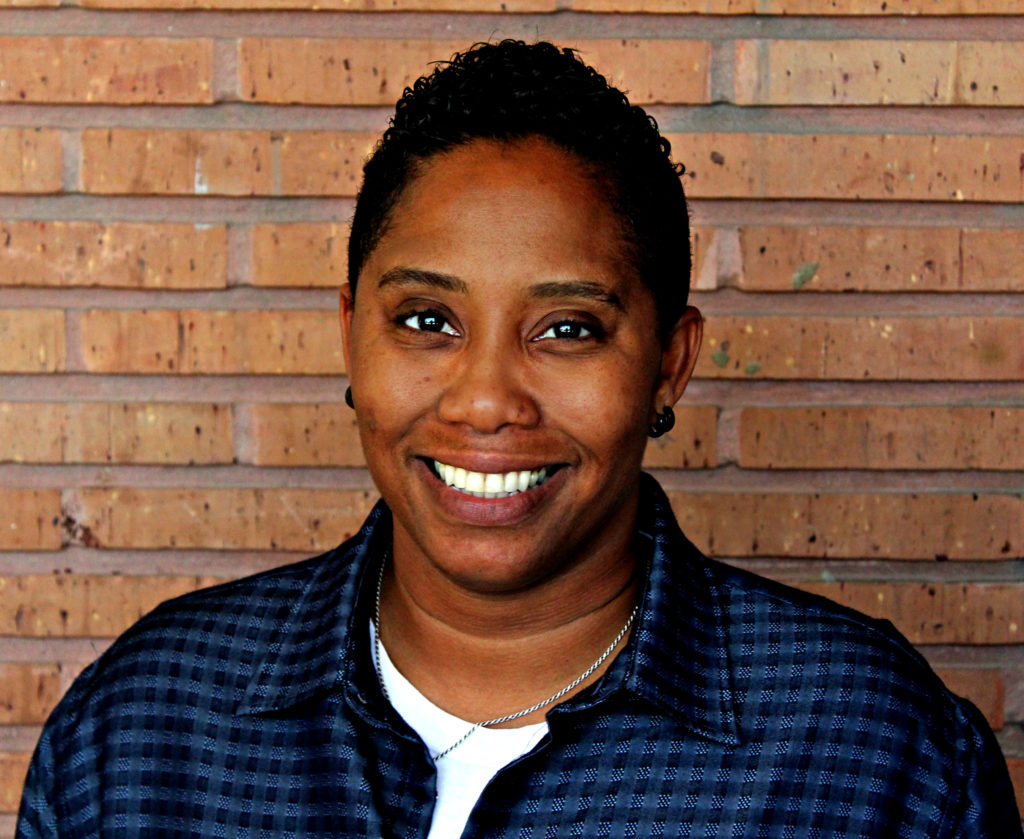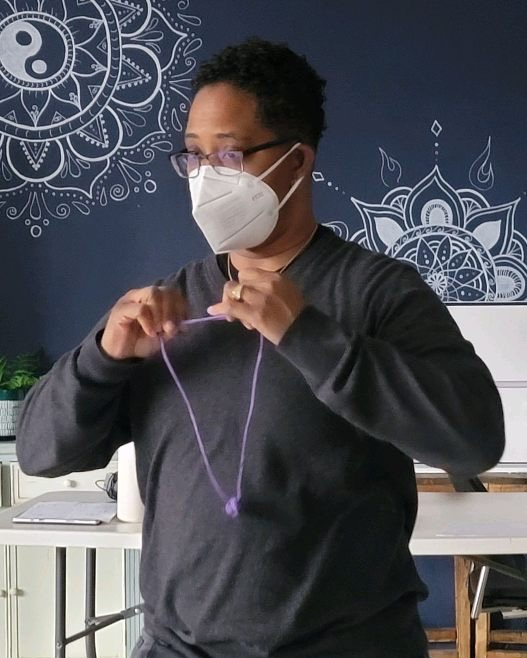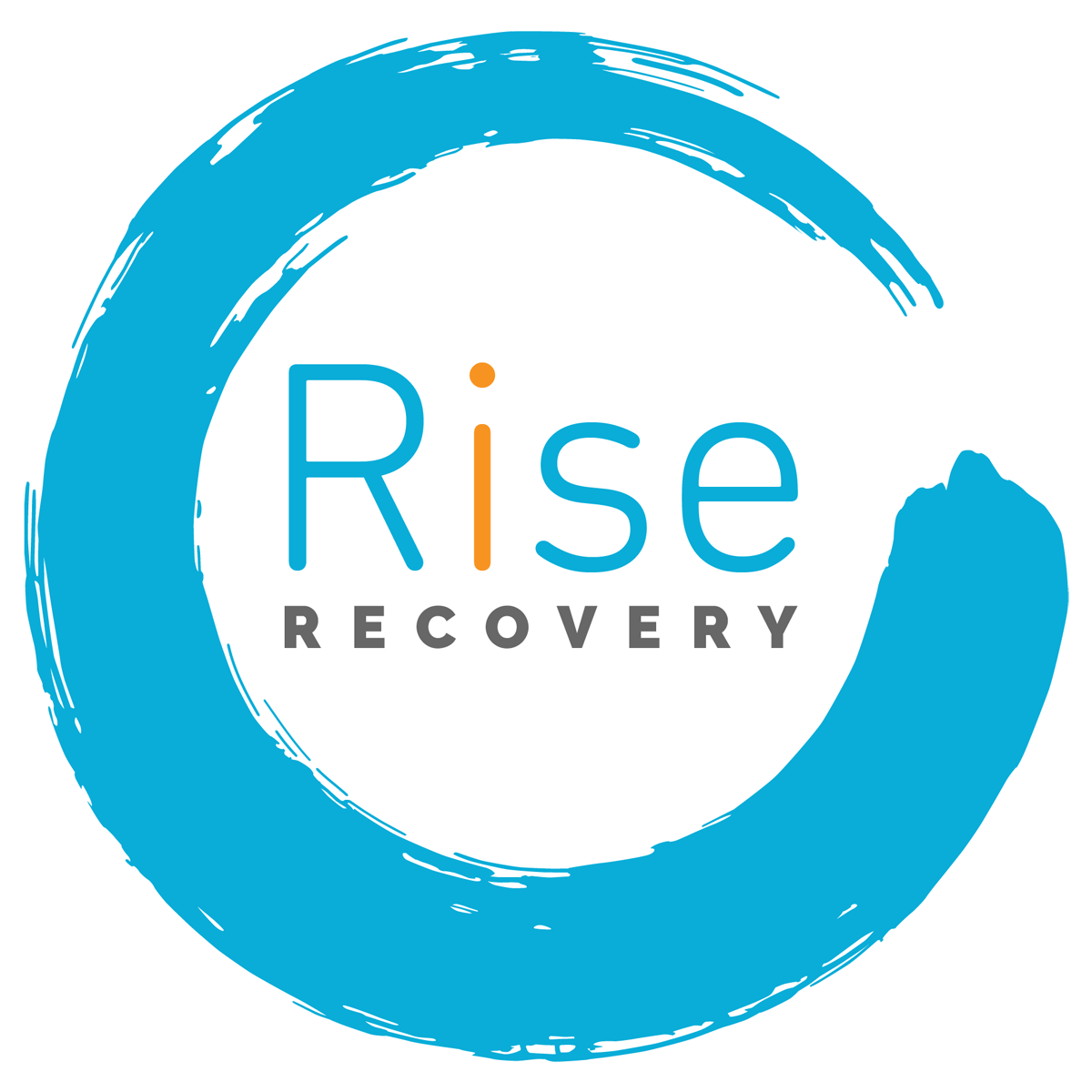
Bea Blackmon’s career with Rise Recovery started unexpectedly. As she prepared to start an internship at a different organization, Bea learned that the internship had been abruptly canceled. With nowhere to start, she turned to her former program director, Shelly who had told her if she needed anything to let her know. One phone call changed her entire career trajectory.
Starting as an intern for Rise Recovery, Bea climbed the ladder to being a peer coach for the juvenile probation program to Youth Recovery Community Center (YRCC) manager. Now Bea is our program administrator for the first recovery high school in San Antonio, Rise Inspire Academy (RIA.)
What made you feel that it was necessary for our community to have a recovery high school?
For a while, I worked with the YRCC program going out to the schools and working with the youth in the evening. Through our Alternative Peer Groups (APG) groups, I saw how difficult it was for them, being in the school environment; It’s challenging. By the time they saw us in the evening, it was like they were just like exhausted. I wanted to know what we could do to help make recovery easier for them.
I wound up attending a conference for a program I was a part of, the association of recovery in higher education, through our Lady of the Lake University. While there, I ran into Tanya Jopling, who works in juvenile probation for Bexar County. We heard about Archway Academy in Houston from their executive director, Sasha. As we were listening about this recovery high school and its framework, we both knew that we needed something like this in San Antonio and went to work to make it happen.
I knew it was vital that we had something like this for adolescents. It resonates with our mission and goal. I wanted to see what we could do to bring this to fruition. We knew the need was there; it’s always been there, but more about how we make it happen. Rise Recovery had the recovery piece, but we needed someone to do the educational part, where Braination came into play. The next thing we knew, we were starting a recovery high school.
As a Vice Chair of the Association of Recovery Schools, where do you hope to see recovery high schools like RIA in the future?
To not only be funded but also be a staple of education and a continuum of care. The care continuum needs to be reviewed in partnership with the adolescent’s education. That’s what our students and participants need. Recovery high schools offer so much when it comes to their growth and coming into adulthood.
One of our students reached one year of sobriety, and I remember when he first came to us. His journey has been beautiful to watch.
As someone who believes in advocacy, self-determination, and continuous empowerment for those you help, why is it essential to be a resource for those in recovery?
You know, I meet so many people, whether adults, adolescents, or parents, who don’t know that recovery even exists. It just blows my mind, but I understand it as well. Because I think about when I was growing up, I had no idea any of this stuff existed. So being able to share that with others, advocate it, talk about it and bring it to the forefront because you don’t know what you don’t know. The more we’re able to reach those who need it, or maybe they might not need it right now, perhaps they will need it later. Or they could pass that information on to someone who does.
We talk about how in every household, there’s one of us. Somewhere, every family has a person that experienced an issue with substances. There’s a loved one who’s hurting from someone who’s experiencing issues with substances. So, having and knowing that information is power. It’s important to me to be able to advocate for those. I’ve seen people going through the struggle, going in and out of a system. They’re not getting the healthcare and support they need because it’s [substance use disorder] looked at more criminally than as someone who needs help. It’s a health factor, you know? It’s a disease. It’s an issue with the disease. It’s chronic. It’s a progressive illness, and it should be treated as such.

What would you like to see in the recovery community in the future?
I’d like to see more of a system for adolescents. It feels as though people don’t think adolescents need to detox too. There are no systems for them as they now have for adults. They need a place to detox and stabilize where they go into treatment and then have that continuing care. There are quite a few adolescents that do need sober living or need an environment outside of where they’re living now. A place to get that start that they need and understand that recovery doesn’t happen in 30, 60, or 90 days. You know it’s a lifelong journey.
It’s not pretty; they forget and don’t want to do it. They come back, but a seed is planted. And I’ve been working with quite a few people; kids that call me like three, four years later, you know. I’ve been here for five years now. Every person I’ve ever worked with who left Rise Recovery has either asked for help or reached out or gotten back into recovery. I think that right there is the most important thing to remember: who we are and what we do. And that’s the plant to see for growth. It’s just essential to remember that.
What is your favorite thing about working with RIA?
I would say the students. The students that we have are students that would not be in school otherwise. They wouldn’t; I’m serious. I get multiple texts, or I’ve talked to parents that said, “Oh my God, like my kid actually wants to get up and go to school.” They’ve never had that. They get up and go to school. They want to be here. And they never had that before. That’s probably one of the coolest things. The fact that these kids want to be here, you know? They want to be here, and for themselves. They are trying, and just getting up in the morning is a victory. Being here is a victory. They could be doing other things, but they’re not. They want to do something different.
I got a call from a young lady that I was trying to get in here last year. And she wasn’t ready. She called me and says, “I can’t do this anymore, and I’m ready. I’m ready. I need help.” And that was awesome. Yeah. Wow. I can’t explain that feeling. She’s here now, and I’m happy for her. I know she’s been through a lot. So, to see those awakenings and the kids light up is remarkable.
What advice would you give someone starting in their recovery journey?
Don’t stop. Keep going, and don’t stop. Don’t stop until the miracle happens. Keep going and don’t stop. Ask for help. You see, I found out that I couldn’t do this thing alone. That’s the biggest thing. You cannot do this thing alone. Find your tribe, your five. The five people you’re surrounding yourself with that’s the direction you’re going.




